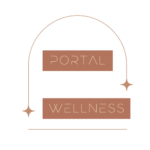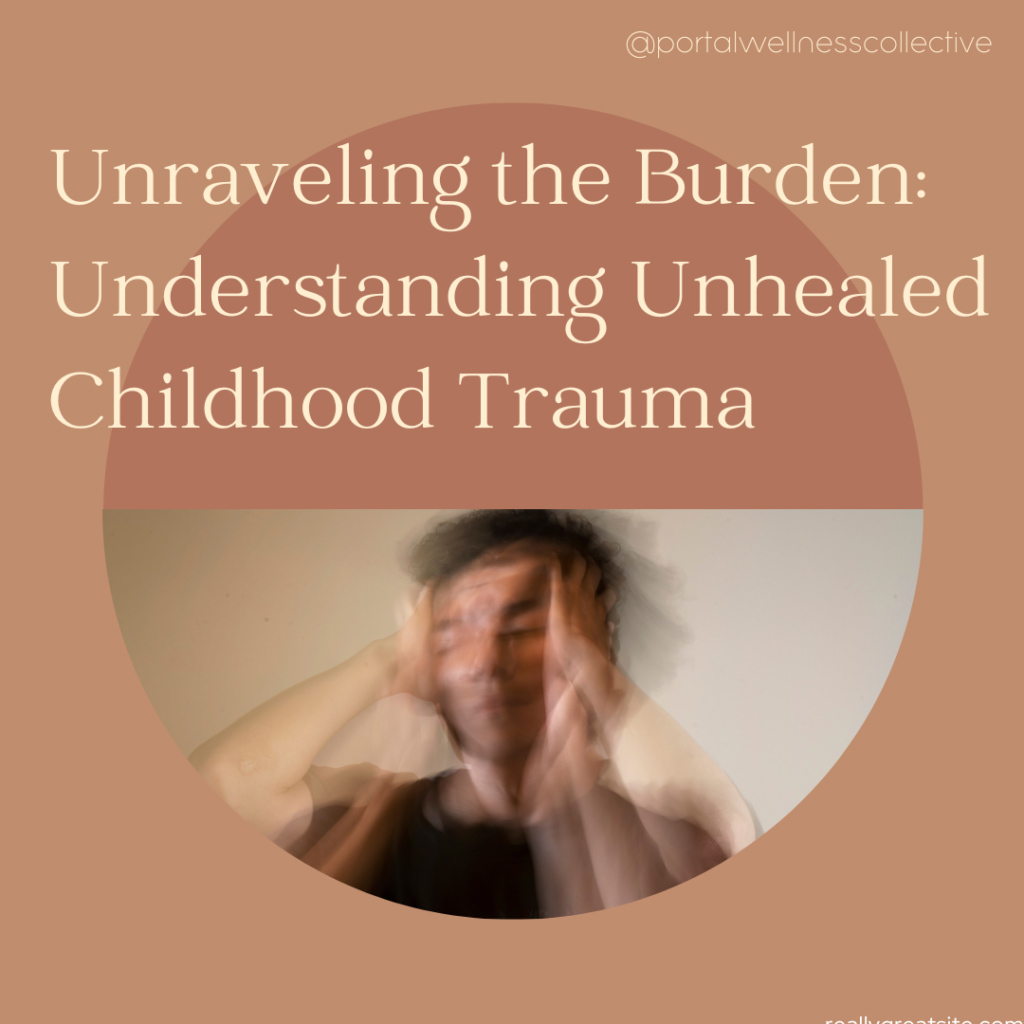Understanding Unhealed Childhood Trauma
Childhood is meant to be a time of innocence, exploration, and growth. However, for some individuals, childhood experiences are marked by trauma that leaves lasting wounds. Unhealed childhood trauma refers to the lingering emotional, psychological, and physiological impact of adverse experiences endured during early developmental years. In this blog post, we will delve into the depths of unhealed childhood trauma, examining its effects on mental and physical well-being, relationships, and the journey towards healing and recovery.
1. Defining Unhealed Childhood Trauma:
Unhealed childhood trauma refers to the enduring effects of traumatic experiences that were not adequately addressed, processed, or healed during childhood or subsequent years. These experiences may include physical, emotional, or sexual abuse, neglect, domestic violence, or the loss of a loved one. Trauma can influence a person’s emotional regulation, coping mechanisms, and overall quality of life.
2. Emotional and Psychological Consequences:
Unhealed childhood trauma can give rise to a myriad of emotional and psychological consequences. Survivors may experience symptoms of anxiety, depression, and post-traumatic stress disorder (PTSD) as well as attachment difficulties, or even personality disorders. Unresolved trauma may lead to emotional dysregulation, causing intense mood swings and difficulty managing stress

3. Impact on Physical Health:
Unhealed childhood trauma can manifest in physical health issues. The persistent activation of the body’s stress response system due to unhealed trauma can lead to chronic health conditions, compromised immune function, and increased vulnerability to illnesses. Ultimately childhood trauma can increase your risk for autoimmune conditions, physical health issues, conversion disorders, and memory problems. When our body carries the burden of unprocessed trauma it can have very real physical consequences.
4. Challenges in Relationships:
Unhealed childhood trauma can influence how individuals form and maintain relationships. Survivors may experience difficulties with trust, intimacy, and emotional connection. Unresolved trauma can lead to patterns of codependency, avoidance, or fear of abandonment in relationships. If you feel your trauma might be impacting your relationship, consider relationship therapy to help guide you through navigating creating healthy relationship dynamics and fulfilling relationships. You can check out our relationships therapy here.

5. Coping Mechanisms and Maladaptive Behaviors:
To cope with the overwhelming emotions stemming from childhood trauma, individuals may develop coping mechanisms during childhood that persist into adulthood. While some coping strategies may be adaptive, others can be maladaptive, such as substance abuse, self-harm, dissociation, co-dependency, or hyper individualism.
6. Triggers and Flashbacks:
Triggers and flashbacks are common in individuals with childhood trauma. Certain situations, people, or sensory cues may evoke intense emotional and physical responses, causing individuals to relive aspects of their traumatic past. Flashbacks can come in the form of intrusive thoughts or memories, but also “outsized” emotional reactions. You can read more about emotional flashbacks here.
7. Memory, Learning and Cognition:
Unhealed childhood trauma also impacts our ability to reason, plan, retain information, long term memory formation and information processing. When our bodies are in a chronic state of stress energy is diverted to perceived survival and is less able to form long term memories or learn. People with unhealed childhood trauma often struggle with learning, cognition, and remembering aspects of their childhood. Take a look at this fascinating visual for how trauma can impact different types of memory formation here.
8. The Path to Healing:
Healing from childhood trauma is a courageous and transformative journey. Seeking professional help, such as trauma-informed therapy, can provide a safe space to explore and process past traumas. Engaging in self compassion, mindfulness practices, and building a support network are essential components of the healing process.

Unhealed childhood trauma casts a long shadow over a person’s life, affecting emotional, psychological, and physical well-being. The journey towards healing requires compassion, courage, and support. By acknowledging the impact of unhealed trauma, seeking professional help, and embracing self-compassion, individuals can take significant steps towards reclaiming their lives and finding hope and resilience amidst the shadows of the past.


